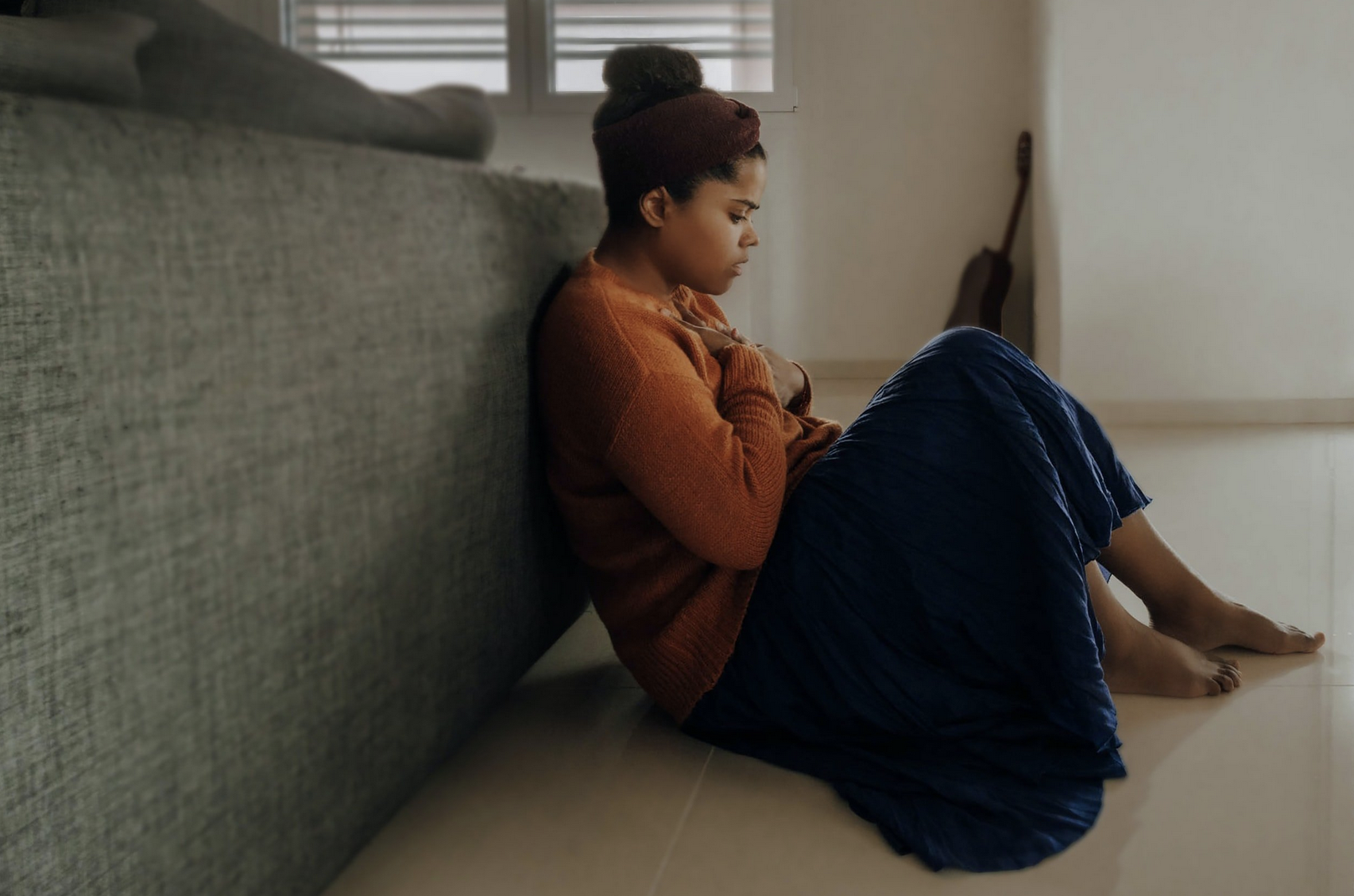Navigating Social Anxiety

Social anxiety disorder is a mental health issue characterized by marked fear or avoidance regarding social situations. Individuals may harbor specific thoughts about how they might be negatively perceived, embarrassed, or rejected by others, leading to increased agitation, restlessness, and tension. This can present unique challenges in various areas of life such as work, school, and relationships. Social anxiety stands as one of the most prevalent disorders today, estimated to affect 12% of all individuals to some degree. And while the intensity of symptoms can vary, there are some basic self-help strategies you can implement to help manage your experiences.
![]() Prepare for Your Situation
Prepare for Your Situation
The contexts in which social anxiety arises looks different for everyone. For some it might be large crowds or unfamiliar settings while for others it can be intimidating peers. Take the time to learn what your situational triggers so that you can prepare specifically for them. For example, if you know you’re going to a party and will feel nervous about how you present or what you will talk about, take the time to pick out an outfit that makes you feel comfortable or confident and brush up on some subject matters that you would be able to speak on naturally. Knowing how your anxiety presents will best equip you to tackle them through foresight and anticipation.
![]()
Ground Yourself
When dealing with social anxiety, it can often be easy to feel overwhelmed by your situation. When physical symptoms such as sweating or lightheadedness begin set in, anchor yourself through relaxation techniques. Adopt a constant and elongated inhale and exhale of 5-7 seconds and tense and untense muscles in your body to loosen them up. You can redirect your senses through a grounding technique in which you identify:5 things you can see, 4 things you can feel, 3 things you hear, 2 things you can smell, and 1 thing you can taste. It’s not a bad idea to take a break to do these check ins with yourself as well by temporarily removing yourself from your environment.
![]() Don’t Do It Alone
Don’t Do It Alone
There’s no shame in asking for help and utilizing your social support system can be a good step forward in confronting your social anxiety. With a friend or family member you can decide on strategies that best fit with your needs, whether that’s having them bridge conversations and interactions, helping you role play anticipated nerve wracking situations, or just checking in with you via a quick text or call. The key is learning to gradually build independence so that in time you can handle the situations on your own.
Lastly, seeking professional help is always an option, especially if social anxiety serves as more than just an inconvenience. If you experience ongoing distress, impairment to your normal life, or any significant physical effects like freezing, crying, irritability, or prolonged fear, strongly consider working with a mental health professional. Cognitive Behavioral Therapy is an empirically supported, evidenced-based treatment model that is shown to be effective in addressing social anxiety disorder. Sometimes we need direction and help beyond what we can do ourselves and there’s no shame in working with a trained professional to obtain those goals.